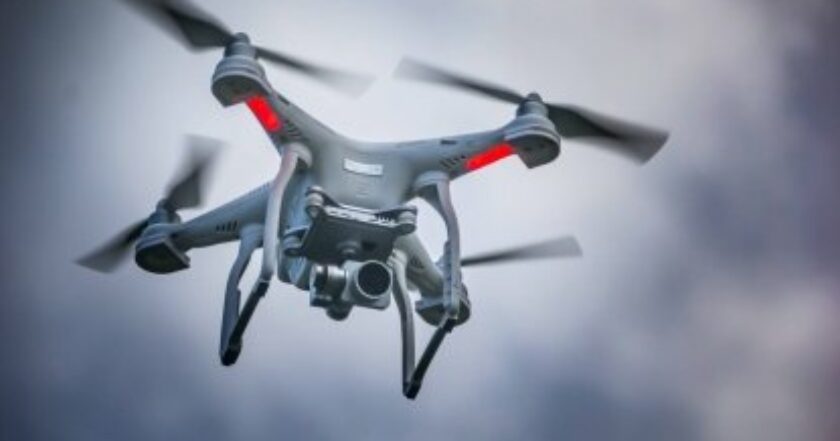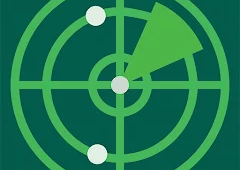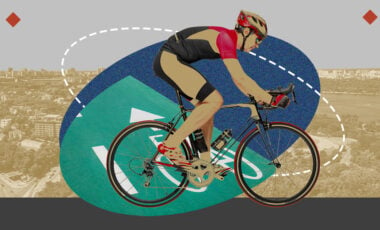United to win: Ukraine and Latvia create "drone coalition"

Photo: Prometheus
Ukraine and Latvia are forming a Drone and Electronic Warfare Coalition, with other allied countries expected to join, Rubryka reports, citing the Ukrainian Ministry of Defense.
What's the problem?
Drones have been a top priority in the military equipment sought by Ukrainian military leadership both in the past and now. Ukraine is also building a fleet of military drones deployed to target Russian vessels in the Black Sea.
However, Ukraine has not yet reached mass production and is still rapidly developing its capabilities. In contrast, Russia is more actively producing drones, with significant assistance from Iran, supplying "Shahed" UAVs.
Similarly, electronic warfare (EW) has become one of the critical aspects of warfare in Ukraine. Both Kyiv and Moscow are continually enhancing their technologies to outperform each other. The record number of Russian aerial attacks on Ukraine during the New Year period indicated Kyiv's efforts to strengthen its electronic warfare technologies to jam and distract enemy drones and guided missiles.
Due to resource limitations, Ukraine cannot fully defend itself, prompting allied countries to step in and provide assistance.
What's the solution?
Latvia took the initiative to create the drone coalition during a meeting between its Minister of Defense, Andris Sprūds, and Ukraine's Minister of Defense, Rustem Umierov, in December 2023.
The head of Latvia's defense department stated that Latvia, along with almost 20 countries, was participating in a coalition to supply the Ukrainian military with "thousands" of new drones.
"The main goal is to do everything possible to deliver as many of these drones to Ukraine as possible," Spruds said.
According to the Latvian minister, this initiative will aid Ukrainian military efforts in a war where drone usage has become a crucial element of combat operations.
"The brutal invasion of Russia into Ukraine demonstrated the strategic value and effectiveness of using drones in combat. We must support Ukraine's superiority on the battlefield and demonstrate long-term support for Ukraine. Therefore, we set high goals for ourselves," Latvia's Minister of Defense said.
How does it work?
"The success of our military depends on the asymmetric response we provide to the enemy. Ukrainian production already shows results, with over 70 types of legalized and operational drones on the front lines. Now we need help to scale up," said Ukraine's Deputy Minister of Defense.
As part of the preparations for the Ramstein meeting, Deputy Minister of Defense for Digital Development, Digital Transformation, and Digitization, Kateryna Chernohorenko, presented Ukraine's needs to representatives of 13 participating countries: UAV systems, electronic warfare tools, and technologies to protect critical infrastructure.
- "Technologies, not people, should fight. The Drone Coalition will be another step towards realizing this idea. It will save many lives. Strengthening and developing the production of drones will transform the army and make advanced technologies today's reality. I invite nations to develop software solutions that will shape the future of this field," the deputy minister addressed the partners.
Partner countries expressed support and understanding of the coalition's creation. They will announce their next steps on January 23 during the Ukraine Defense Contact Group meeting.
An armor-piercing ammunition for FPV drones has been developed in Ukraine. This weaponry is effective against lightly armored vehicles (self-propelled artillery, infantry fighting vehicles, armored personnel carriers) protected against cumulative and anti-drone measures.





















































